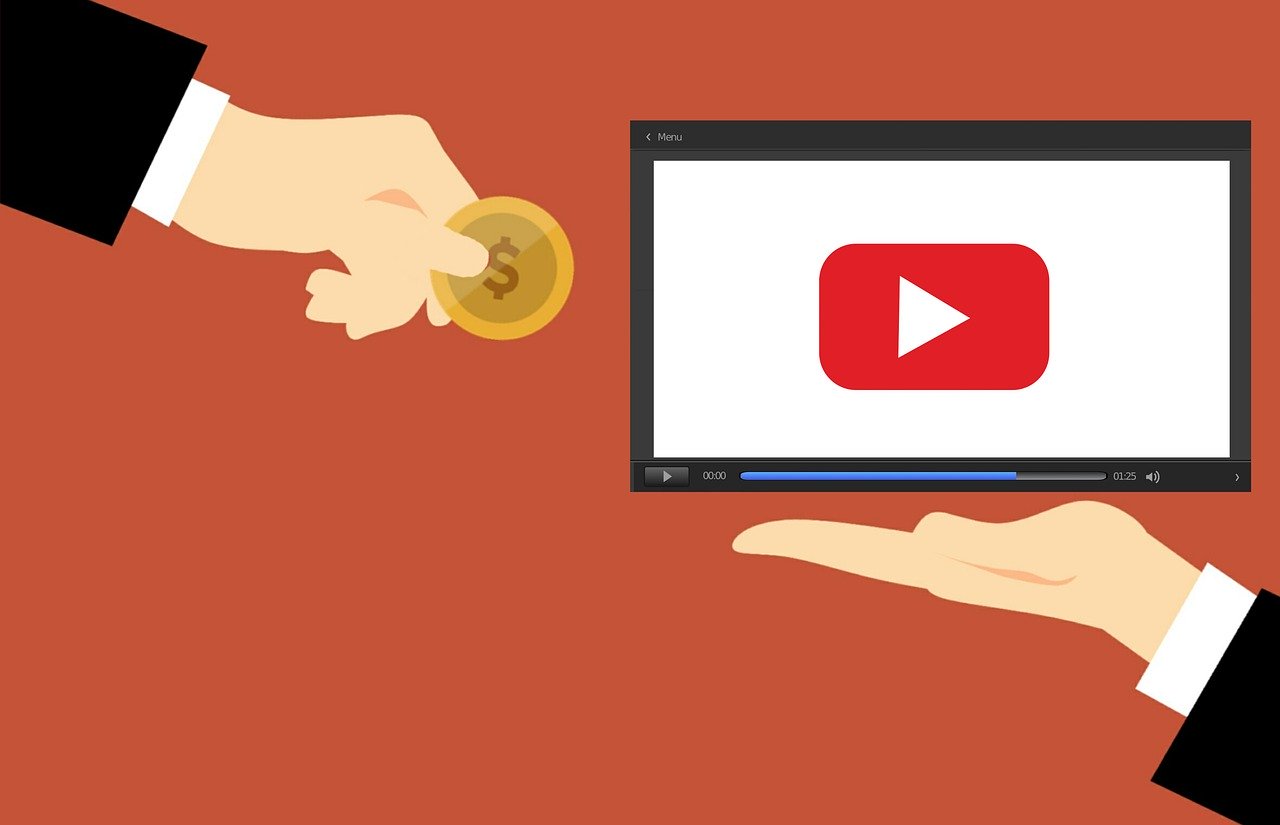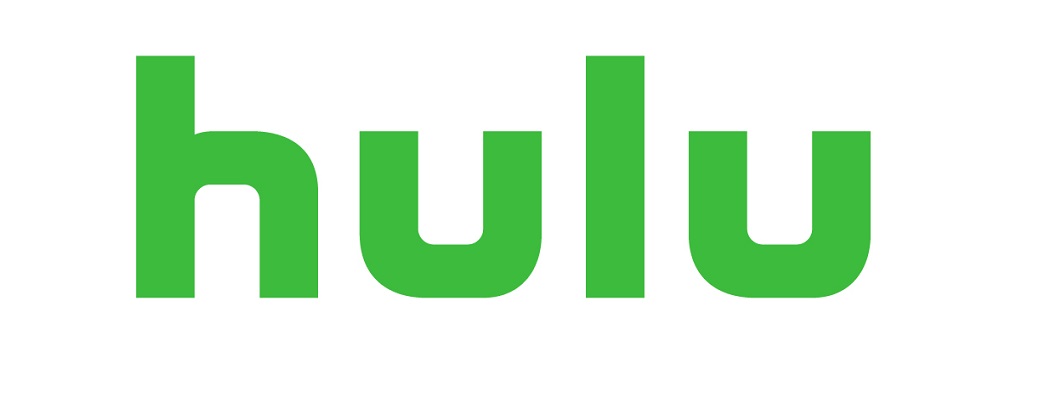By Chris Brass
Writer
I’ve been engaged in several debates regarding the topic of piracy, and while some may think that recent activities done by Roku and other businesses are making headway in preventing it, I disagree. I think that it’s going to be on the rise. Now keep in mind that this isn’t an endorsement of such activities, this is just simply an opinion piece on why I don’t think piracy is going anywhere, in fact, I suspect that it’s going to be even more common now than it was before.
Writer
I’ve been engaged in several debates regarding the topic of piracy, and while some may think that recent activities done by Roku and other businesses are making headway in preventing it, I disagree. I think that it’s going to be on the rise. Now keep in mind that this isn’t an endorsement of such activities, this is just simply an opinion piece on why I don’t think piracy is going anywhere, in fact, I suspect that it’s going to be even more common now than it was before.
First, consider that there are three parties involved in pirating. You have the individuals doing the actual pirating (making the content available), the individuals who are getting the pirated material, and you have the copyright holder. What most don’t realize is that the people who control over the piracy of content isn’t the pirates or the people getting the pirated material, it’s actually the people that own the material getting pirated.
There seems to be this misconception that piracy can be squashed and eradicated, but I contend that it’s not true. Follow my logic here.
Why People Do It
There are several things that will motivate people to engage in piracy, such as the thrill of having the ability to do it. Like a teenaged boy who first gets his drivers license, some are tempted to break the posted speed limit for the simple thrill of breaking an established law, it gives them a rush to know that they broke a rule and got away with it, or it’s the thrill of finding out how fast that they can get their car to go. The same could be applied to piracy. An individual finds out that there’s a new encryption DVD’s are using and will look for ways to crack it, the thrill isn’t in making a copy of a DVD or Bluray, it’s in the challenge of finding a way to circumvent the encryption.
You have two other groups in the piracy world, those who receive the pirated material and those who are owners of the material being pirated, we need to look at those two groups of individuals as well.
It’s no secret that a consumer based society is largely driven by what it can afford. Someone could set up a stand in the middle of Park Avenue selling DVD’s and Bluray discs and most people buying them wouldn’t give much thought to asking if it’s legal material or not, that’s not to say that most don’t care, it’s to say that most just don’t give it much thought. If they get home to play it on the DVD player and it’s a poor quality the first thought is “Well, I just wasted $2, I won’t buy another DVD for $2” or “I won’t buy from that guy on the street again.” However if it’s in good quality, the individual buying it will say he got a hell of a deal. If it’s known to be pirated material then it will prevent some individuals from buying it, but not all.
If your pocketbook is thick with cash, you can afford to toss a few bucks for what the entertainment industry has to offer, but once it’s thin, you’re going to be going out looking for bargains to get the most out of my money. While legality and ethics may play a role in who you get my material from, for most this is always going to be a sliding scale.
With all of the efforts that the studios did to prevent piracy, the one thing that almost brought it to a halt was Netflix. Time and time again I was reading how the Pirates Bay could tell how many individuals had subscribed to Netflix because of how the traffic to TPB was falling off. During that time, you could pay $8 a month and have at your fingertips entire series and seasons of popular TV shows, movies upon movies upon movies were available to watch. With Smart TV’s and Blu-ray players connected to the TV, you could easily watch it without going through the hassles associated with plugging your laptop into the TV to watch a video file you downloaded.
Netflix made watching movies and TV shows easy that piracy declined. It was a far easier system and cheaper than getting pirated content because individuals didn’t need to invest in buying massive amounts of storage in order to watch it, but the tides are changing again to favor piracy, and it’s not because of Roku and other devices popularity, it’s because of the efforts made to fight against their popularity.
Fragmentation
Replacing cable in 2010 for me was easy. I needed to buy a box that cost $50, one time only fee that was less than a month of cable service, a subscription to Hulu costing me $8 a month, and an internet connection which cost me $60 along with my unlimited long distance phone plan. Not only could cable not beat it, there was no way that they could make me as happy with this setup.
Clearly, I wasn’t the only individual to come to this conclusion, cord cutting became more and more popular, social media sights began to pop up telling people about different things available on different streaming boxes. Codes for private channels began to be shared. Reviews of public channels were written.
The realization that the dawn of à la carte, that mythical cable TV dream, might actually be within reach.
Most early cord cutters had difficulty adapting to this new lifestyle. They were so used to going to the TV every night at 8 PM and watching their favorite program, the idea that they would need to wait until the following morning with Hulu or watch it the following night was rough on them. Soon Dish Network noticed a trend and took an insightful gamble. After floating trial balloons like Dish World (a service that provided licensed international content via streaming on Roku) they would make US cable TV available on different devices like Roku and call it Sling Television (most call it Sling TV or just Sling). It wasn’t long till individuals found that if they just kept internet, subscribed to Sling and purchased a Roku or some other device, they would save over half of what they spent a month to get cable. Sure they might lose one or two of their favorite channels going this route, but is spending an extra $50 a month worth it to watch Shark Week one week a year?
This poses a real threat to the cable industry. The numbers are clear, they are losing TV subscribers while internet subscriptions are on the rise. Sales of Roku, Apple TV and Android TV boxes like the NVIDIA Shield are increasing. AT&T has acknowledged that if it wasn’t for their DirecTV Now service the number of subscribers they lost would be significantly higher. People are looking for better bargains for their money, but yet there are powerful forces within the cable industry that are making it more and more difficult for this to take place. One major network provider has made it clear to the cable companies that if a cable company creates a ‘skinny bundle’ and the customer base for the skinny bundle raises above 15%, they will withhold some of their material to these cable companies.
When I read the news piece regarding the ‘skinny bundle’, I really wasn’t surprised, in fact, it’s a typical move for this cable company in particular and for others like it, but the thing is simply this. It’s very easy to pirate a cable network and send it all over the globe via the internet now. Not only is it easy, it’s cheap too! How cheap? Well, consider that XTV, (a now-defunct Roku Private channel), wasn’t a paid subscription service, it was dependent totally on donations to keep it in operation.
What does the future bring?
Roku, Apple TV and even Amazon may take steps to prevent piracy on their platforms, and might even be marginally successful at doing it, but they won’t totally prevent piracy. It’s possible to build a computer the size of a Bluray player that would look right at home under my TV set without anyone knowing what it does and make it a better cable box than the one that can be rented from the local cable company. All you need is the proper software to install in it. How popular it becomes for individuals to build such a box is largely dependent on how much cable decides to charge and fight against a new trend, because to quote a famous princess (not a real princes) “The more you tighten your grip, Tarkin, the more star systems will slip through your fingers”, and the same is true here. The more that cable networks fight against a moving trend, the more that they charge to get their goods, the more that they implement policies that have a negative effect on those who try to remain within the confines of the laws, the more people will rebel against them and use piracy without any moral reservations, they need to understand that they are working against themselves in this manner.







Let me see if I understand your logic…nope, I don’t.You cannot blithely assume that the pirated or fake DVD seller in the park is patronized by ignorant customers. The customers know that “too good to be true” is. Maybe, your think that the customers all have a bit of larceny at heart. Too cynical.
What’s going on is that a small number of folks either want to be known as thieves or have no moral compass. I frequent a number of Roku groups; invariably, when people are informed that some channel or other is stealing shows and they are the recipients of stolen property, they back away. Except for the sociopaths.
The cost issue is a bogeyman; I cannot afford a Bentley, therefore I will steal one? Blaming the cable companies for piracy is ludicrous. This is the thieves and drug pusher argument. “I am just filling a consumer demand,” they say. The cable companies, like all publicly held companies, have a duty to stockholder return. The market will eventually decide if a la carte TV is fiscally feasible.
Piracy will remain a gnat buzzing around the giant.